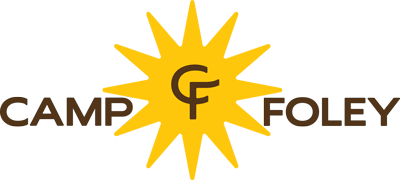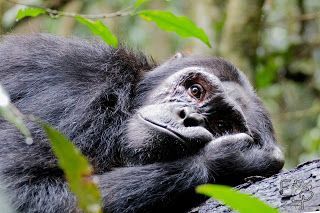This past February, I was lucky enough to travel to Rwanda and Uganda for a once in a lifetime experience photographing the Mountain Gorillas and Chimpanzees. The animals were of course very impressive and watching them interact with each other was not much different than watching my cousin’s families interact (they have lots of young, spirited children and we, as a group of adults, tend to share parenting responsibilities when we are all together). The Gorillas and Chimps are incredible animals that are threatened by habitat loss, climate change and poaching but in recent years have started to rebound (thanks to treaties by Rwanda, Uganda, and the Democratic Republic of Congo). I could go on for hours about them, and probably will if you ask me, but something else has burrowed into my soul and had me thinking since my return – “Umuganda” and Rwanda’s Plastic Bag Ban.
So what is Umuganda? In Rwanda, every last Saturday of the month, all able-bodied citizens between the ages of 18-65 spend 2 hours volunteering in their communities, in a day they call “Umuganda”, which translates to “Coming Together”. Umuganda has been practiced in Rwanda for decades but it wasn’t until after the genocide in the early 1990s that it got a makeover and took on its current form. For many years (until 2007), it wasn’t technically the law, but the social pressure to help was so high that estimates put participation at over 80%. Those that don’t participate are often not invited to local events or shunned at birthday parties and weddings. Now it is the law and fines can be administered if people are found to be skirting their responsibilities.
So what is Umuganda? In Rwanda, every last Saturday of the month, all able-bodied citizens between the ages of 18-65 spend 2 hours volunteering in their communities, in a day they call “Umuganda”, which translates to “Coming Together”. Umuganda has been practiced in Rwanda for decades but it wasn’t until after the genocide in the early 1990s that it got a makeover and took on its current form. For many years (until 2007), it wasn’t technically the law, but the social pressure to help was so high that estimates put participation at over 80%. Those that don’t participate are often not invited to local events or shunned at birthday parties and weddings. Now it is the law and fines can be administered if people are found to be skirting their responsibilities.

It is estimated that Rwandans do 18 million hours of community service per month. They pick up trash on the roads and trails, paint houses, help a neighbor who lost their farm to a mudslide, volunteer professional services like medical or dental care, dig trenches to prepare for rainwater run-off, and countless other acts that better their community.
And it works! The people of Rwanda are so committed to keeping their country clean and helping their neighbors. They voted to outlaw plastic bags and when you drive around you rarely see trash on the ground. If they don’t put it there, they don’t have to pick it up at the end of each month. Neighbors are helping neighbors and the whole time, guess who is watching? Kids!.

5 million children watch each month as their parents help others, as government officials work side by side with community members and skilled professionals offer their services for free. The kids watch (and usually help) and prepare themselves for a future where they, too, will be called on to help their communities.

What does this have to do with Camp Foley? In the spirit of Umuganda, this summer we are going to have 1 block of time each session that will be dedicated to the community – both directly related to Foley and in our local area. Every camper, counselor, and director will participate in some way, giving us time to connect as a camp community and do something that makes us proud. Just think. If every person in the USA, between the ages of 18-65, dedicated 2 hours a month to helping our communities we would have 624 million hours per month.
Of course, the process isn’t perfect, and they have to revisit each year how to make this work for their communities. But I have been to quite a few countries and something was different in Rwanda. I’m not sure if it was their storied past, their sense of urgency that it can’t go back to how it was, or something else that I, as a foreigner don’t understand, but something was different. There were an acceptance and a community and a togetherness that I haven’t always felt when I have traveled. I came back thinking and yearning to be better and pushing to find new ways to engage my neighbors. And for that, I thank Rwanda, the Gorillas, and Chimps, and most importantly, the Rwandan people.
Marie and I look forward to working side by side with the campers and staff this summer as we strive to make our community a better place and partner with parents to start kids on a path to bettering the world they live in.

For more pictures that I took of Gorillas and Chimpanzees see EightLegsPhotography.com or follow @eightlegsphoto on Instagram.
~ Alli Faricy, Director


Very cool and empowering story! We all can make a difference. Umuganda will be done this summer in Wisconsin in/around the Parry-Schiller neighborhood. Cheers.